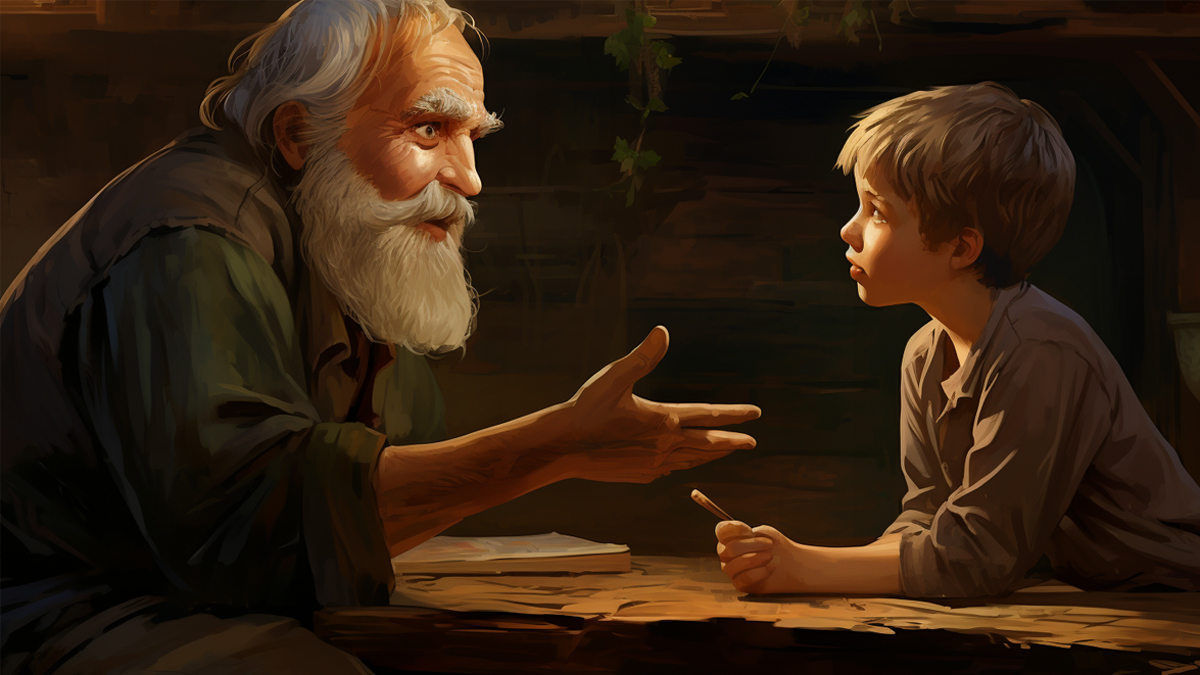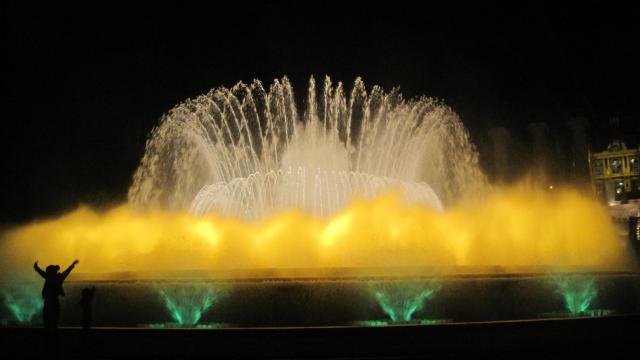Why More Republicans Aren’t Voting

In Florida four years ago about 1.95 million people voted in the Republican primary. This year 1.66 million people voted in the same primary. That’s 300,000 fewer people, a 14% drop in a state that has only been growing. Of course, part of the reason for the drop could be that four years ago the Florida Save Our Homes Amendment was on the ballot, which may have motivated more people to get out to the polls.
Nevertheless, as Nate Silver says, this isn’t a great sign for Republicans. Although absolute turnout was up in the first three states to vote, Florida is such a large state that this means that turnout is down for the nominating process as a whole. As Silver argues, this picture looks even worse for Republicans when you consider that independent voters didn’t have the alternative of voting in competitive Democratic primary this year. If you look at turnout among just among voters who self-identify as Republicans—as opposed to who register Republican just for a primary—turnout has been down substantially in every state but South Carolina. Overall turnout among Republican self-identifiers is down 10% from 2008, a year when Republican candidate lost the presidency.
Republicans certainly may be able to rally base to vote against Barack Obama in the general election. But it does look like the enthusiasm Republican voters showed in the 2010 has already waned. That probably at least in part reflects Republican voters’ dissatisfaction with what their party has been able to accomplish with control of the House. It probably also reflects increasing dissatisfaction with the Republicans who are running for the nomination. A recent Pew poll found that more than half of Republicans and voters who lean Republican rate the current Republican field is “only fair” or “poor.” In comparison, more than two-thirds rated the Republican field as “excellent” or “good” four years ago when John McCain was the front-runner.
It’s tempting to imagine that things would be different if only someone like Mitch Daniels or Chris Christie had entered the race. But that’s because their weaknesses still haven’t been exposed by the nominating process—remember, it wasn’t that long ago that people were calling for Rick Perry to enter the race. In all likelihood the reason fantasy candidates like Daniels and Christie didn’t enter the race because their exploratory committees told them they didn’t have the support or the organization to win the nomination. In other words, they lost the what political scientists call “the invisible primary” that weeds out potential candidates who don’t have a good chance of winning from ever actually running.
The truth is that the uninspiring Republican field is not some piece of random bad luck, but a product of the party’s larger strategy of playing to conservative outrage by focusing on attacking Obama almost to the exclusion of everything else. While that strategy may have succeeded in hurting Obama, it has also left the Republican Party without a coherent message or compelling candidates of its own.
Photo credit: Gage Skidmore





